Royal Road
CH 93
Ch92 – Outing
In the foggy haze of dawn, carriages shuttled to and fro outside Jinyang.
The pedestrians were all attired for spring, heading for the shores of the Waters of Jin.
Today was the third day of the third month, Shangsi.
Everyone, whether they were high as dukes and officials or low as peasants, went to the water to perform rites of cleansing, drink, and make merry.
The people of Jinyang, of course, were no exception.
But while commoners could simply go for a stroll in the mountains, the nobles prepared to dine, cloistered within paper screens.
On the upper course of the Waters of Jin, where clear streams trickled through dense thickets of verdant flora, canopies of colored cloth had been assembled earlier that day.
A few noble households laid Shu brocade upon the ground, which when trod upon with silken shoes, induced the illusion of stepping upon clouds.
Such happy festivity, such lovely scenery, even the harried maidservants couldn’t help but whisper amongst themselves.
Which family did that damask canopy belong to, who was it riding in that lacquered-black carriage; most anticipated was, which famous scholars and burgeoning talents would come today.
“Oh my, will Lord Liang really come?!” someone gasped, when the subject was raised.
Who hadn’t heard of the bodhisattva? A few of the servants had even witnessed the spectacle that was the Ullambana celebration.
The frenzy of the people massed in the streets was seared into their eyes.
Who could’ve thought that Lord Liang would personally come to the river shores to celebrate and vacation!
“I heard that a while ago, the Duke of Dongying appointed Lord Liang as an official.
Lord Liang claimed he was sick, and didn’t accept.
Then the Duke of Dongying dispatched imperial physicians to cure him.
Maybe he’s come to Jinyang to thank the Duke of Dongying for his kind intentions….
”
“What a perfect gentleman! How admirable!”
“Huai’en Temple’s giving alms of porridge this winter saved hundreds of people, Lord Liang was the cause of that too.
He is merciful and benevolent, and bestowed with Buddha’s guidance; how could someone like that ever care about empty fame and glory?”
“Rumor has it that Lord Liang is extraordinarily good-looking; if only I could have one glimpse of his face, I will not have lived in vain.”
“To meet the bodhisattva, that is a wish no prayer could grant…..”
Was there ever a young lady who didn’t fancy a dashing gentleman? Even these plebeian servant women knew the deeds of Lord Liang well.
What was eloquent grandiloquence or compendious knowledge, compared to tens of thousands of lives?
In all that Liang Feng had done, he had given the underclasses the attention and concern that they had never before received.
Whether it was the medical center’s rescuing the plague-ridden or the temple’s giving of porridge, it was all for the good of Jinyang’s commoners.
A noble lord, who, despite his terrible illness, was still kind and fair, would, of course, be loved and respected by the people.
But as the sun rose into the sky and extravagant carriages clustered like clouds, the tone of the discussion regarding Liang Feng began to change.
“Will that Liang Zixi really come?”
“It’s an invitation from Cavalier Wang, how could he refuse?”
We’re sorry for MTLers or people who like using reading mode, but our translations keep getting stolen by aggregators so we’re going to bring back the copy protection.
If you need to MTL please retype the gibberish parts.
“Ccbatfg rsmbqtjca, ijamtlcu qjatfalmjiis bcab atbrf bo reqfglbg rajcvlcu.
Ufgtjqr tf bcis gfoerfv atf Gexf bo Gbcuslcu’r jqqblcawfca obg atf kjca bo j yfaafg qglmf.”
“Ljtj, ktb xcbkr? Pa rffwr, tlr ojwlis tjr cba fcafgfv atf boolmljivbw obg akb ufcfgjalbcr, jcv lr gjatfg lwqbnfglrtfv.
Snfc atf ugjlc obg atf jiwr bo qbgglvuf kjr byajlcfv ys fzmtjcuf bo qjqfg.
Po la kfgfc’a obg atja ijeutjyif ajif bo rfflcu Devvtj lc tlr vgfjwr, ktb kbeiv fnfc vfluc ab yes tlr Vmglqaegf Ujqfg?”
“Apparently the Liang Estate began to sell sutras, printed at that, last year.
I have a copy myself.
Though it was inexpensive, the text itself, the script and paper, were all excellent.
Mayhap he is endeavoring to propagate not only the myth of his dream of Buddha, but that singular calligraphy as well?”
“Hah! What an excellent rendition of ‘Mao Sui’s self-endorsement!’ A vulgar being, how contemptible.”
“Perhaps he’s come to Jinyang to give his allegiance to the Duke of Dongying? What presumptuous airs he has assumed.
What does it matter if he has the praise of the Wang and Pei families? The Sun, Wen, and Guo families are all bringing their gifted scions today; chances are, we’ll be treated to a show.”
The scholar-gentries were inevitably abuzz with acerbic disparagement and disdain for the bodhisattva that’d materialized from thin air.
The womenfolk, though, chattered about Liang Feng’s history and ancestry.
His family was so few, his parents had died early; his wife’s family, having been implicated in the Jia family’s treason, was no more.
Was he ill-fated then? If he was truly destined for disaster, then a marriage alliance was temporarily out of the question.
Even if Liang Zixi really was enchanting and erudite as the rumors suggested, their daughter’s lives were more important.
Opinions were divided, but the conversation never strayed far from the question: when would Liang Zixi arrive?
Despite his great renown, only the most elite of Jinyang’s social strata had ever met the man.
It would be determined today, whether he lived up to his reputation.
The nobles gathered by the river’s shores grew many, carriages clogged the roads.
The notorious Liang Zixi still had yet to arrive.
Were the rumors false then? Would he not appear today?
Just as some began to doubt, a mica ox-carriage approached from the far end of the road.
Black banners, red curtains, an ox adorned with mica, it was the Wang family’s carriage.
Many people rose to their feet.
No matter how they talked about him behind his back, Wang Wen was still of the main branch of the Taiyuan Wang clan, a family that no one in Jinyang dared to offend.
But contrary to their expectations, when the carriage stopped and the curtain was lifted, the person who disembarked was not Wang Wen, but a young man.
A young man who was wearing white!
A clamor arose.
Truth be told, wearing white was not taboo.
The Jin Dynasty was of the virtue of metal, the color white was esteemed.
The emperor wore a tall headdress of white muslin, the crown prince wore white when marrying his crown prince consort.
Furthermore, the baiqia was created by Wu of Wei.
It was an established custom now, for scholars yet to take up official post to don baiqia.
But while it was common for headwear to be white, clothes were rarely so plain.
To speak of nothing else, how was white to convey opulence? White silk was most economical; even when the textile was patterned, it wasn’t very costly.
Not to mention, that without eye-catching hues and exquisite embroidery, white would expose all the flaws in one’s appearance.
It was a difficult color to wear.
But that person was the color of snow, the only embroidery was a touch of frost on his collar and the edges of his sleeves.
A white jade crown on his head, black yunlü on his feet.
Aside from the raven hair atop his head and his ink-black eyes, he was as pure and ice-like as jade, unblemished by mortal troubles.
His simple white robes accentuated his proud, noble air.
His complexion was still sickly, but amongst the scholars garbed in garish greens and reds, he was a snowy plum blossom, a white crane, clean and elegant.
After the shock, there was a long silence.
Even those aristocrats who had come to greet Wang Wen stopped where they stood.
“Garb of white and shawl of green, only this might bring me joy.’ It seems, Zixi, that your attire is indeed stunning,” Wang Wen beamed as he got off the carriage.
He’d welcomed Liang Feng to share a carriage with him today, just so he could enjoy the sight of all the crows falling quiet.
“Garb of white and shawl of green, only this might bring me joy” came from the poem “Out From the East Door,” contained in the “Odes of Zheng,” Classic of Poetry, a man of Qin’s expression of love to a white-clothed woman.
Coming from Wang Wen, it took, of course, a humorous tone.
Liang Feng smiled faintly, “’At the bend of Fen, he gathers plantains.’ I must thank you for conveying me, Controller.”
This, too, was a phrase from the Classic of Poetry.
The line following that was, “Gaze upon him there, fair as jade; fair as jade, unalike to lords,” a woman’s admiration of a man’s stately presence and jade-like handsomeness.
A response like this, as they happened to be beside a river, could not be more apt.
Wang Wen burst into boisterous laughter, and paying no mind to the rest of the rabble, brought Liang Feng to the Wang family’s tent.
Only after the man in white passed them by did everyone regain their senses.
Who, now, could spew any vitriol? Such bearing, such grace, only the Goddess of Gushe could ever compare!
Oh, would a person like this ever tarnish himself with the stench of copper, scrounge for empty fame? The rumors must be false!
That pallid face, those colorless lips, he must truly be afflicted….
To think that Wang Wen would summon him to share his carriage and arrive together! Their friendship was profound after all!
It was no wonder, then, that such a remarkable man was so bereft of bonds of blood, there could be no cause but the design of Buddha. Sigh, what was it to be? To marry off their daughters or not?
Idle imaginings fluttered restlessly in the minds of the masses, having long forgotten their earlier suppositions.
It wasn’t until the arrival of Sima Teng’s black-wheeled carriage that the unnatural stillness began to dissipate.
Upon laying eyes on Liang Feng for himself, seeing his pale dress and perfect beauty, Sima Teng could not help but exclaim, “What a fine figure of jade! No wonder Maoshen was so deeply impressed.
Now I know this journey I have made is not unavailing!”
Liang Feng bowed, “It was my fortune to receive healers from you, Duke.”
His salute was even in exact, without the manner of obsequious idolatry or the aspect of frivolous irreverence, easy and unpretentious, and earned him goodwill.
Moreover, he had thanked him for sending physicians, preserving his image.
Sima Teng was content, his resentment much abated.
He nodded amiably, “It could only have been their commendable efforts that have brought you here.
Come, let us perform the rites of cleansing.”
Now that Sima Teng, the most eminent official, had arrived, the ceremonies could finally begin.
This was another tradition passed down from before the Qin, to go to the water at the third month, take in the yang qi of spring, wash away the grime accumulated during winter, and drive away calamity and sickness.
Of course, this “washing away” did not entail stripping off all one’s clothes and bathing; one would soak their hands and feet in the river and use a willow dipped in clear water to sprinkle droplets on themselves, to symbolize the act of washing.
As those present were all prestigious and noble, the rites of cleansing were not simple or crude.
There was song and music.
Once they rinsed their hands with water in bronze basins, they tossed boiled eggs and dates into the water.
This was another common practice during Shangsi, floating dates and eggs in the river; women would retrieve them, to be blessed with many children and more fortune.
Once the whole set of formalities was completed, Sima Teng clasped his palms, “Today is the third day of the third month, it is only proper that we should have a winding stream party.
Servants, prepare the banquet!”
Now this was the main event.
With brocade veils for walls, splendid carpets for floors, and amidst the melodies of lutes, the nobles came to the previously arranged location by the bend of the river.
Like a moon surrounded in the orbit of stars, Sima Teng sat at the head seat while the other great families took their places in order of their status.
After everyone was settled, Sima Teng gestured to the cup by his hand, “Will it be poetry or dialectics today?”
By his side, a narrow-eyed, whiskered, middle-aged man, smoothed his beard and chuckled, “With such a distinguished gathering here, of course it shall be dialectics.”
This was the senior subaltern of the provincial governor, Sun Zhi, belonging to the Zhongdu Sun family.
The Sun family’s ancient patriarch was the Piaoqi General of Cao Wei, and was created Marquess of Zhongdu.
His descendants, in the generations after him, held offices high as grand administrator.
It was another prominent clan of the Taiyuan Commandery.
Sima Teng smiled, “You are very right, Xuanda.”
Following Sima Teng’s order, the lotus leaf, bearing the cup, was set down in clear flows, and music resounded.
Sun Zhi’s smile was unchanged as his eyes drifted to the white-robed figure seated after him, a hint of coldness showed in his expression.
The author has something to say:
That rule that you can’t wear white is referring to plain, unadorned white clothes.
Generally, that’s what commoners wear when they’re in mourning.
During the Wei Jin period, it was still okay to wear white.
It didn’t become taboo until after Tang and Song.
The translator has something to say:
The next chapter might be slightly late as well (>﹏<)
You'll Also Like
-
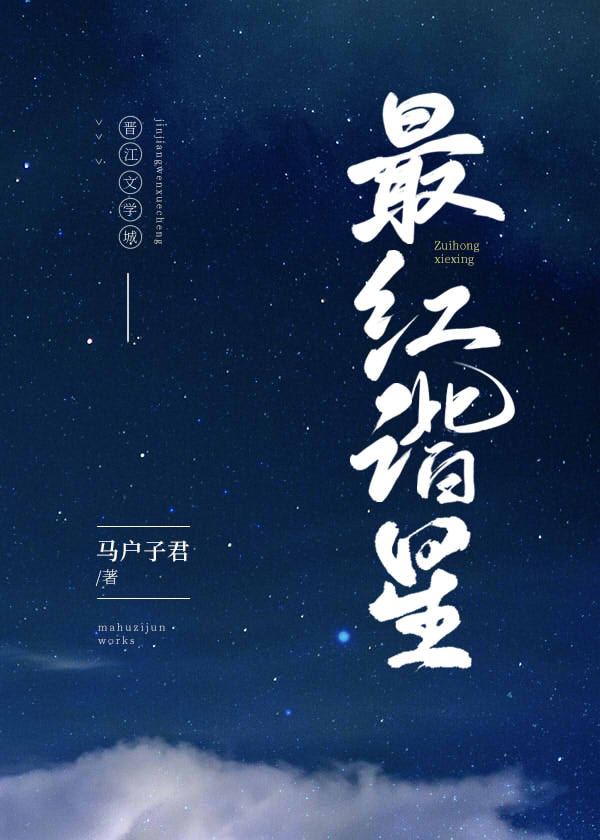
The Most Popular Comedian
Chapter 65 September 3, 2023 -
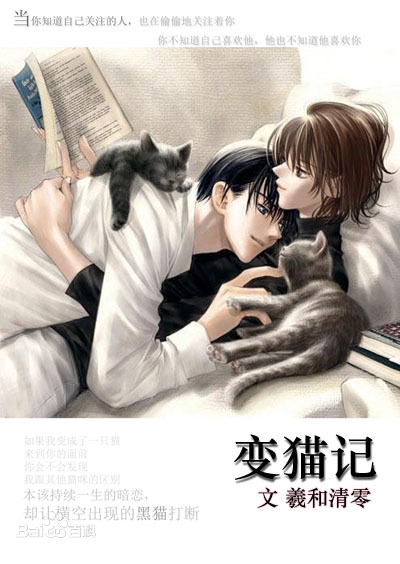
The Cat Transformation
Chapter 27 August 26, 2023 -
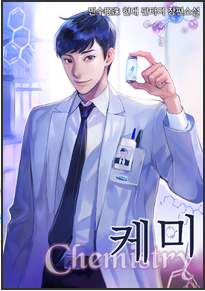
Chemistry
Chapter 61 August 25, 2023 -
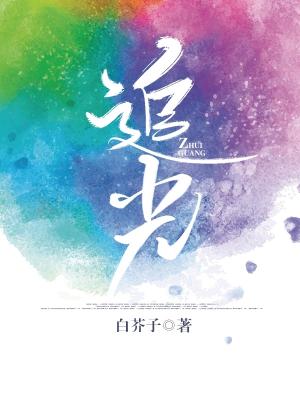
Chasing the Light
Chapter 40 August 28, 2023 -
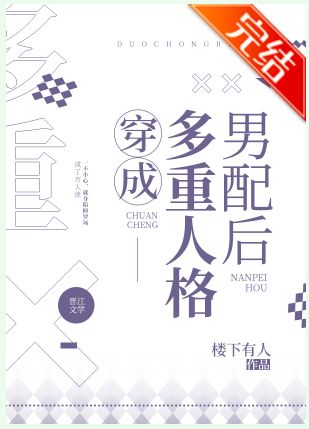
After Dressing as a Male Lead with Multiple Personalities
Chapter 14 August 11, 2023 -
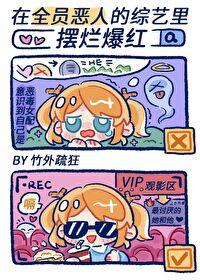
Becoming Popular Through The “All Villains” Variety Show
Chapter 113 August 9, 2023 -
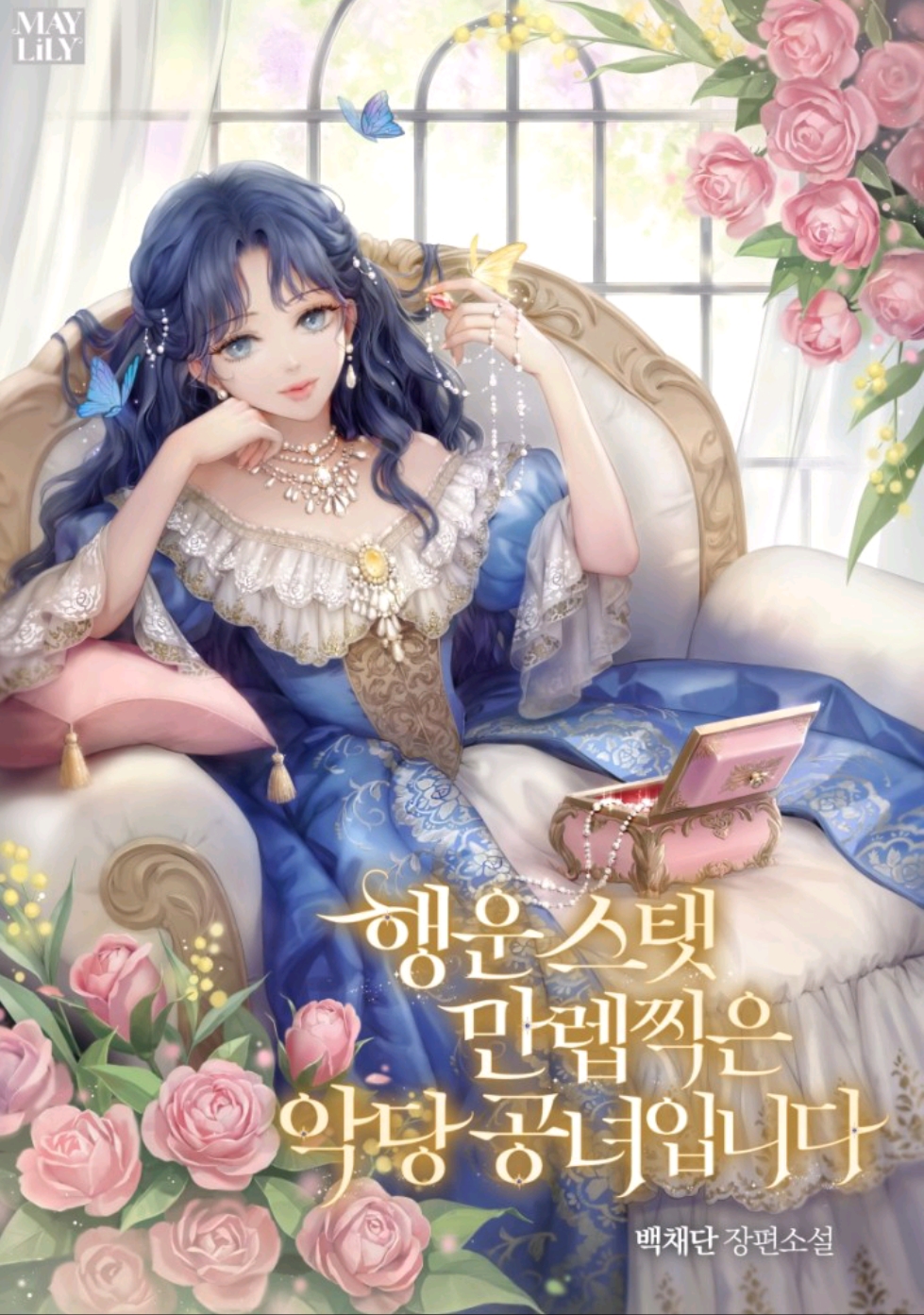
I Am The Villainess With A Maxed-Out Luck Stat
Chapter 4 August 25, 2023 -
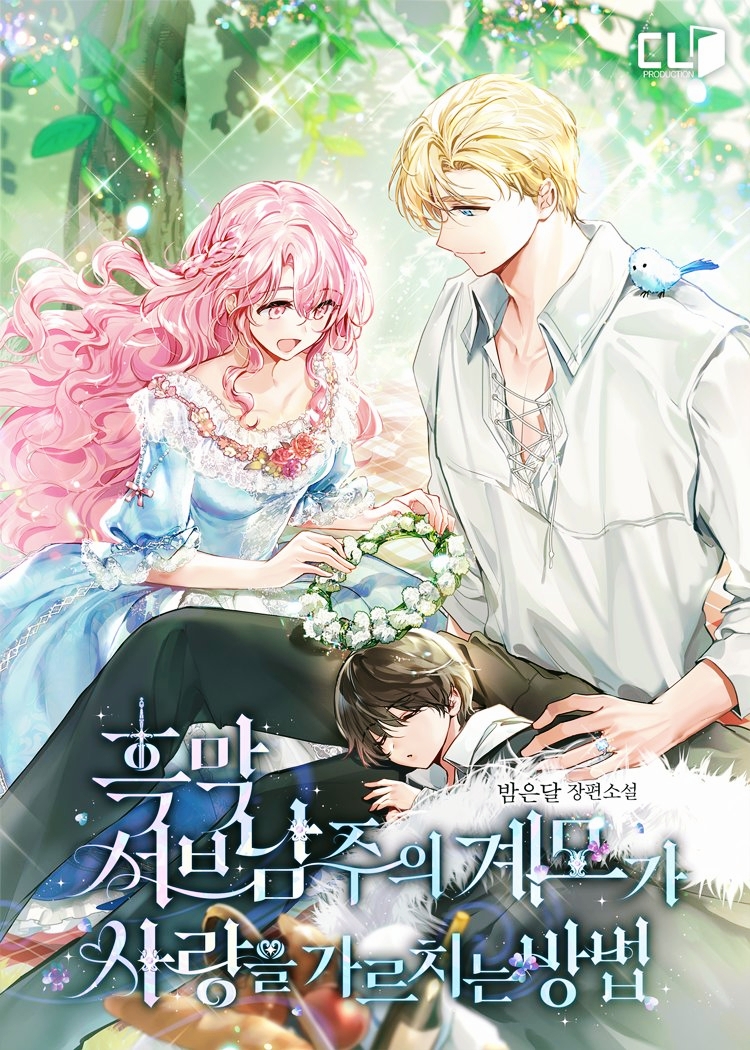
How The Sub-Male Lead’s Stepmother Teaches Love
Chapter 57 August 7, 2023 -
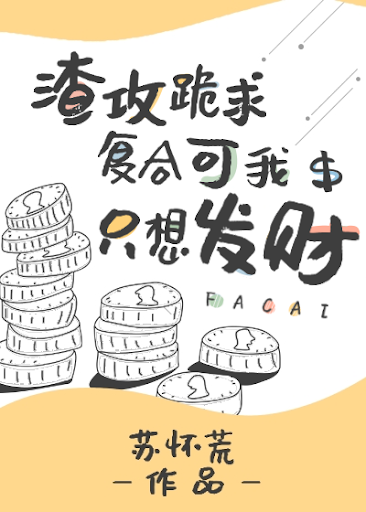
The Scum Gong Begs Me to Get Back Together, but I Just Want to Get Rich
Chapter 39 August 7, 2023 -
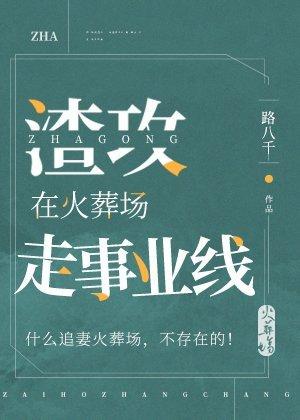
Scum Gong Walks the Career Line in the Crematorium
Chapter 163 August 6, 2023 -
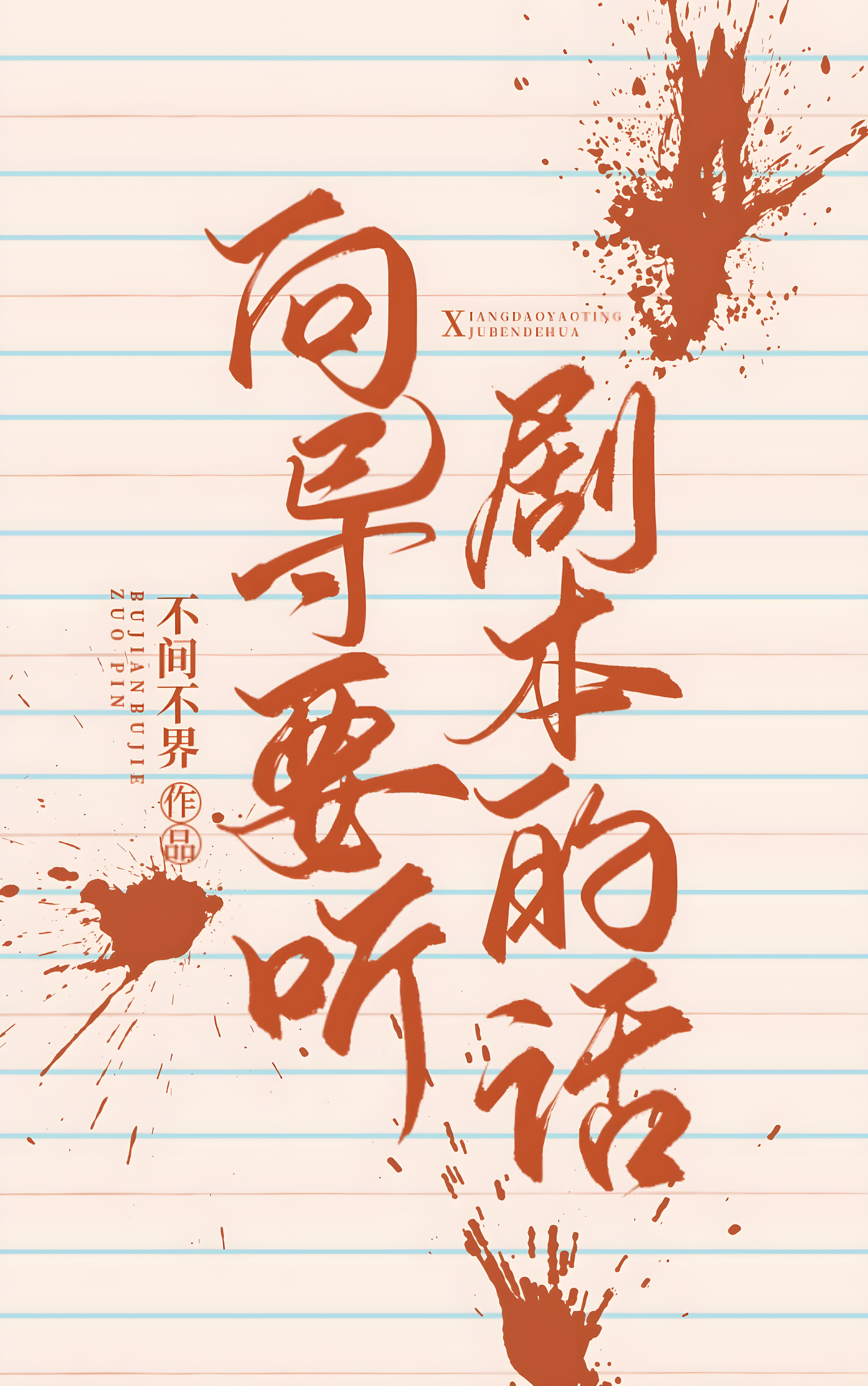
The Guide Wants to Obey the Script
Chapter 14 August 6, 2023 -
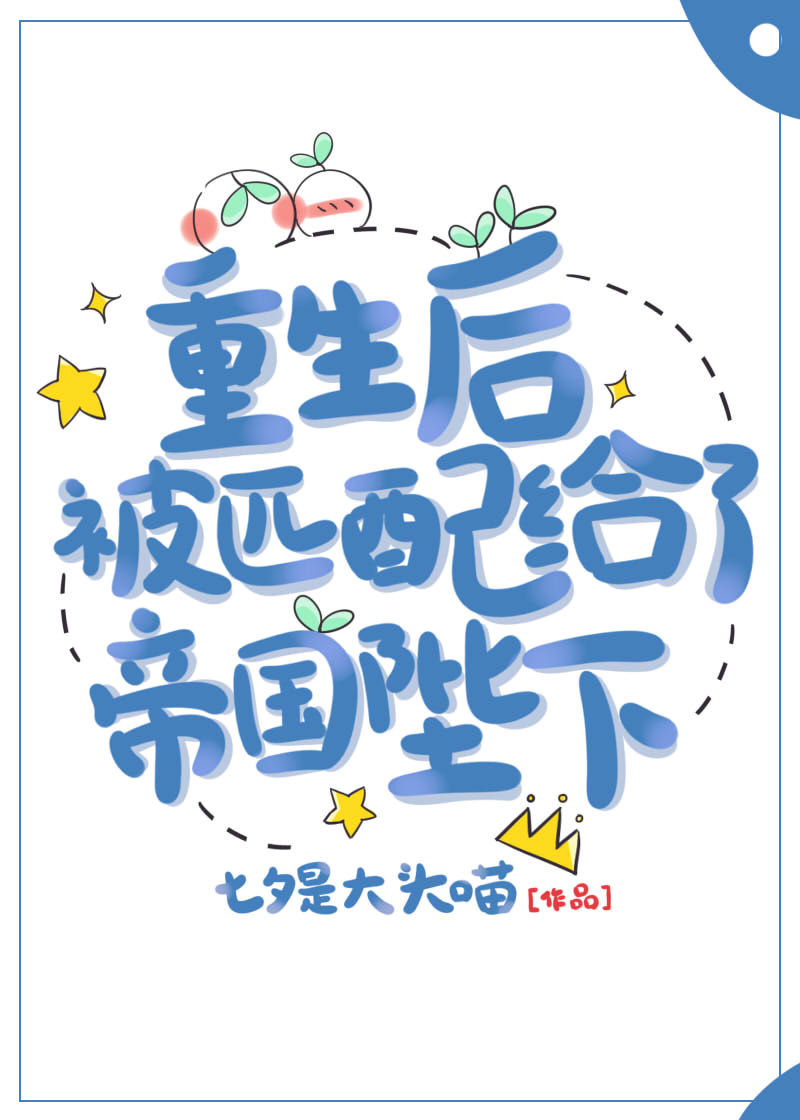
After Being Reborn, I Was Matched To His Majesty
Chapter 9 August 5, 2023
